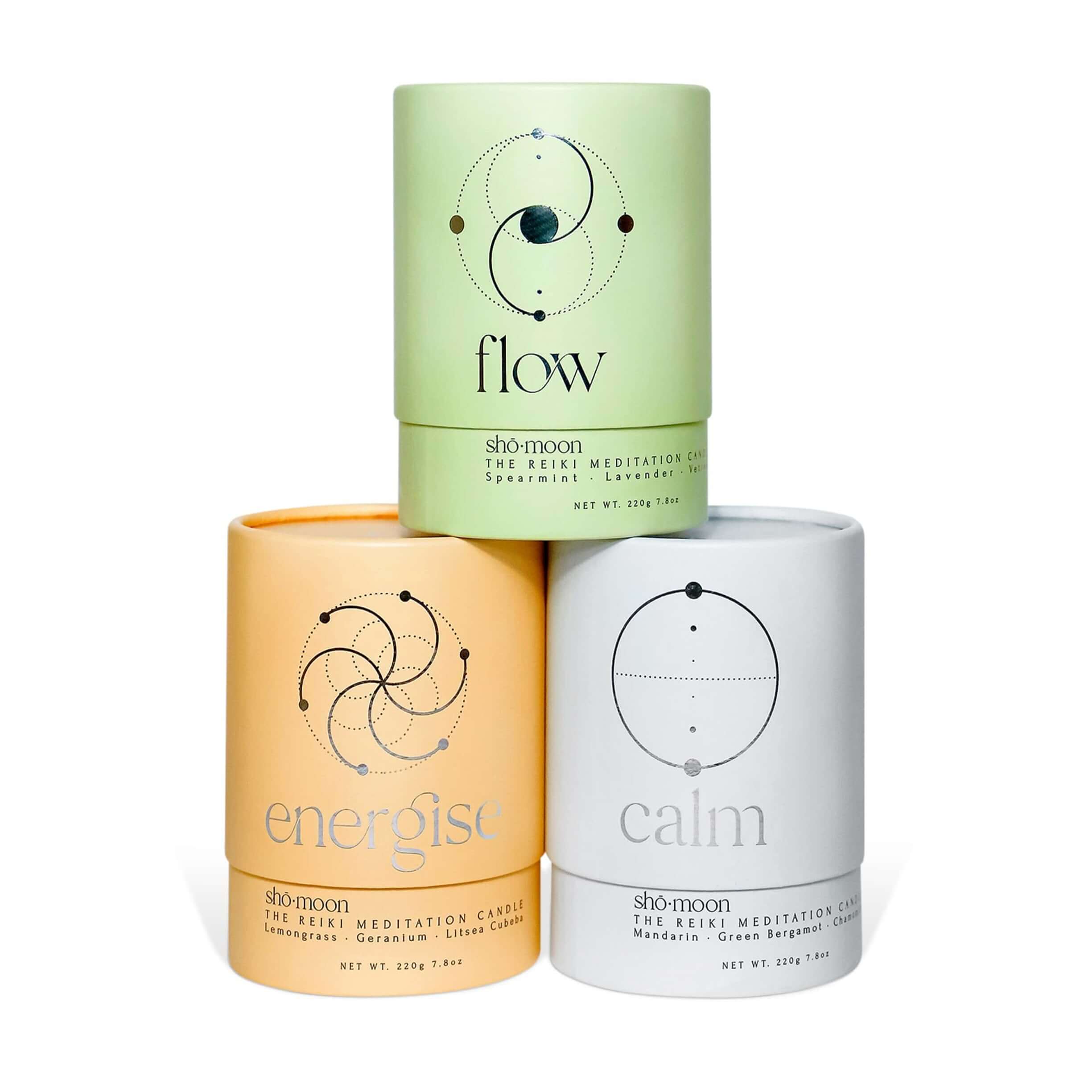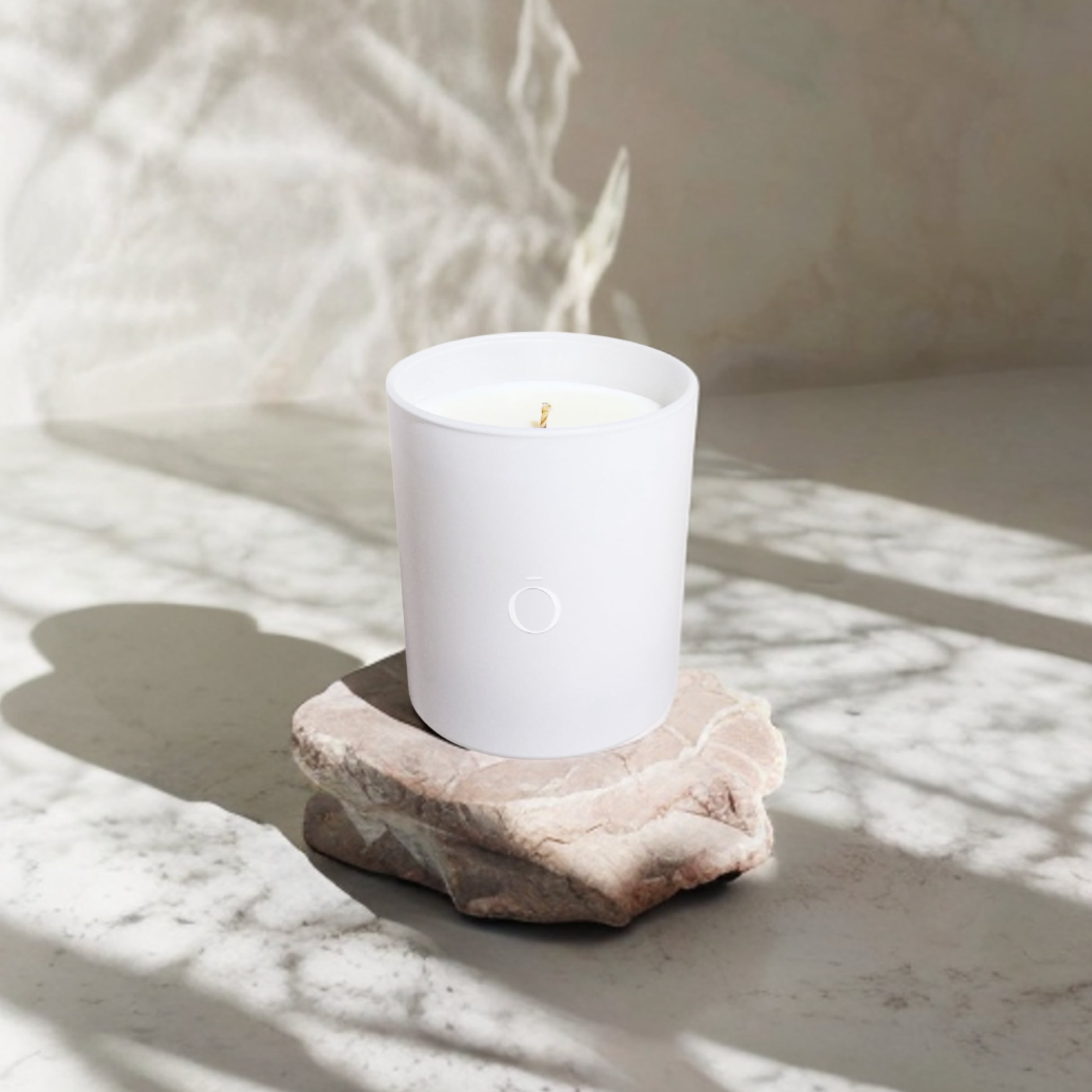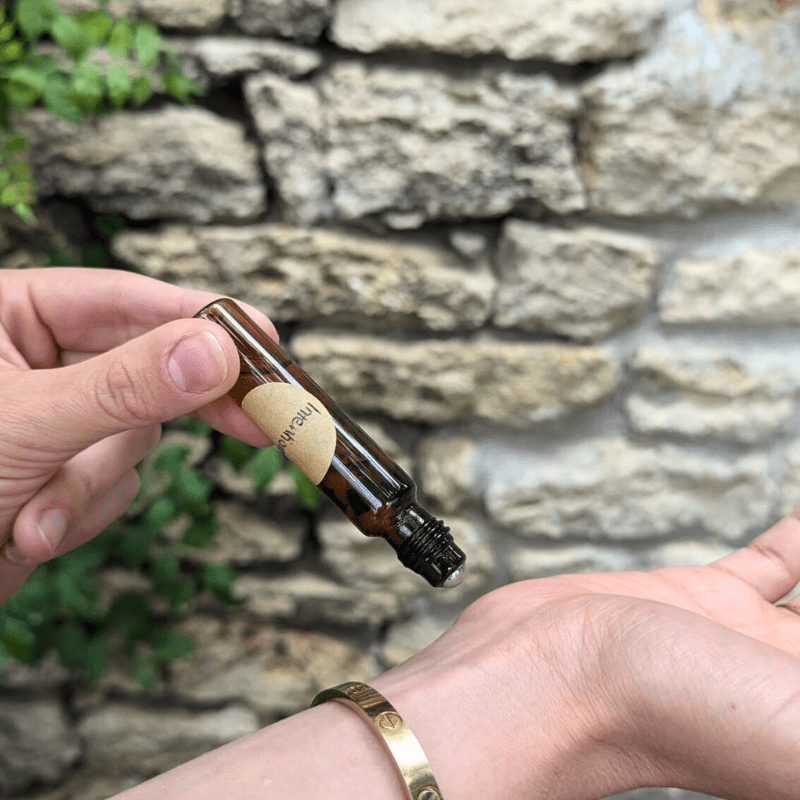
The Ultimate Guide to Creating a Relaxing Bedtime Ritual
Do you struggle with getting a good night's sleep? Are you tired of tossing and turning all night? If so, it may be time to create a relaxing bedtime ritual. A bedtime ritual can help you wind down after a busy day, calm your mind, and prepare you for a good night's sleep. In this guide, we'll explore different ways to create a bedtime ritual that works for you and helps you get the restful sleep you deserve.
Why a Relaxing Bedtime Ritual is Important for a Good Night's Sleep
A relaxing bedtime ritual can help you wind down after a busy day, calm your mind, and prepare you for a good night's sleep. Whether you struggle with falling asleep, staying asleep, or simply want to enhance the quality of your sleep, creating a bedtime ritual can make a big difference. The routine can be tailored to your individual preferences and needs, but the goal is to create a relaxing and peaceful environment that helps you transition from the busyness of the day to a restful night's sleep.
Your bedtime ritual can include a variety of activities that promote relaxation and tranquility, such as taking a warm bath, reading a book, practicing meditation or deep breathing, listening to calming music, or using aromatherapy products like candles or essential oils. The key is to find activities that you enjoy and that help you unwind, so that you can create a routine that is sustainable and effective.
In addition to creating a relaxing environment and engaging in calming activities, it's also important to establish a consistent bedtime routine. Going to bed and waking up at the same time each day can help regulate your body's internal clock, making it easier to fall asleep and wake up feeling refreshed. Consistency is key when it comes to establishing healthy sleep habits, so try to stick to your bedtime routine as much as possible, even on weekends or during vacations.
By creating a relaxing night time ritual, you can enhance the quality of your sleep, reduce stress, anxiety, and nightmares and improve your overall mental and physical wellbeing. In the following sections, we'll explore different ways to create a bedtime ritual that works for you and helps you get the restful sleep you deserve.
Creating the Perfect Sleep Environment and Choosing the Right Sleep Aids
Creating a relaxing environment is essential to promoting restful sleep. Start by making sure your sleep space is cool, dark, and quiet. Consider investing in comfortable bedding, including a comfortable mattress, pillows, and duvet, to create a cozy sleeping space.
In addition to optimizing your sleep environment, incorporating aromatherapy into your bedtime routine can be an effective way to promote relaxation and help you unwind. Chamomile and lavender essential oils are popular choices for promoting sleep due to their calming and soothing properties.
Using a meditation candle with natural and pure essential oils, such as our Calm Meditation Candle with mandarin, green bergamot, lavender, and chamomile, can provide a soothing aroma that promotes relaxation and improves sleep quality. Light your candle and allow its gentle glow and comforting scent to fill the room, creating a peaceful and calming atmosphere to help you wind down after a long day. By incorporating aromatherapy into your bedtime ritual, you can enhance your sleep environment and promote relaxation, making it easier to fall asleep and stay asleep throughout the night.
Incorporating a relaxing bedtime ritual and the right sleep aid can help you get the restful sleep you need to improve your overall wellbeing. So, take the time to create a bedtime ritual that works for you and your needs. Your mind and body will thank you for it.
Preparing Your Mind and Body
A relaxing bedtime routine doesn't just involve creating a peaceful environment and using calming scents. It also means preparing your mind and body for rest. Here are some tips for doing so:
- Practice gratitude and journaling: Take a moment each night to reflect on the good things that happened during the day and write them down in a gratitude journal. Additionally, journaling is also a great way to clear your mind before bed. Writing down any worries or concerns can help you release any tension and anxiety, allowing you to relax and let go of the day's stressors. mind before bed. Writing down any worries or concerns can help you release any tension and anxiety, allowing you to relax and let go of the day's stressors.
- Stretch and breathe: Gentle stretching and breathing exercises can help to release tension in the body and calm the mind. Try a few yoga poses, such as Child's Pose or Legs Up the Wall, or do some deep breathing exercises.
- Unwind with a book or music: Reading a book or listening to calming music can help to relax the mind and prepare you for sleep. Just make sure to avoid anything too stimulating or exciting.
- Try guided meditation: Guided meditation can be a helpful tool for calming the mind and promoting relaxation. You can find Shō-moon’s Reiki-infused guided meditation by scanning the QR code underneath your candle lid. are many apps and resources available for guided meditation, so find one that works for you.
Remember, everyone's ideal bedtime routine will be different. It's important to experiment and find what works best for you and your unique needs. By incorporating these tips into your routine, you'll be well on your way to a more peaceful and restful night's sleep.
Tips for Creating the Perfect Bedtime Routine
Establishing a consistent bedtime routine can work wonders for improving the quality of your sleep. Not only can a routine help signal to your brain that it's time to unwind, but it can also provide a sense of structure and stability that can be especially beneficial during stressful times. Here are some ideas for creating a bedtime ritual that works for you:
- Set a consistent bedtime: Aim to go to bed and wake up at the same time each day, even on weekends. This can help regulate your body's natural sleep-wake cycle.
- Create a calming environment: Make sure your bedroom is conducive to sleep. Keep the room dark, quiet, and cool. Consider using blackout curtains, earplugs, or a white noise machine if needed.
- Unplug from electronics: The blue light emitted by electronic devices can disrupt your body's production of melatonin, making it harder to fall asleep. Avoid using electronics for at least an hour before bed.
- Wind down with relaxation techniques: Incorporate relaxation techniques like deep breathing or meditation into your bedtime routine. This can help calm your mind and prepare your body for sleep.
- Practice good sleep hygiene: Avoid caffeine and alcohol in the evening, and limit your intake of food and fluids before bed. Also, make sure your bedding is comfortable and supportive.
- Use Aromatherapy: Aromatherapy can be a great way to create a calming environment and promote relaxation. Try using chamomile or lavender essential oils to help you unwind and prepare for sleep.
Remember, the most important part of creating a bedtime routine is finding what works best for you. Experiment with different techniques until you find a routine that helps you feel calm, relaxed, and ready for a good night's sleep.
Conclusion
Creating a relaxing bedtime ritual is an essential part of promoting restful sleep and improving your overall wellbeing. By optimising your sleep environment, incorporating relaxation techniques, and establishing a consistent bedtime routine, you can create a relaxing and peaceful environment that helps you transition from the busyness of the day and brings along lots of mental and wellbeing benefits.
Remember, everyone's ideal bedtime routine will be different, so it's important to experiment and find what works best for you. By dedicating yourself to this process, you can experience the mental and wellbeing benefits of a restful night's sleep. No more counting sheep for hours, sweet dreams await!

















